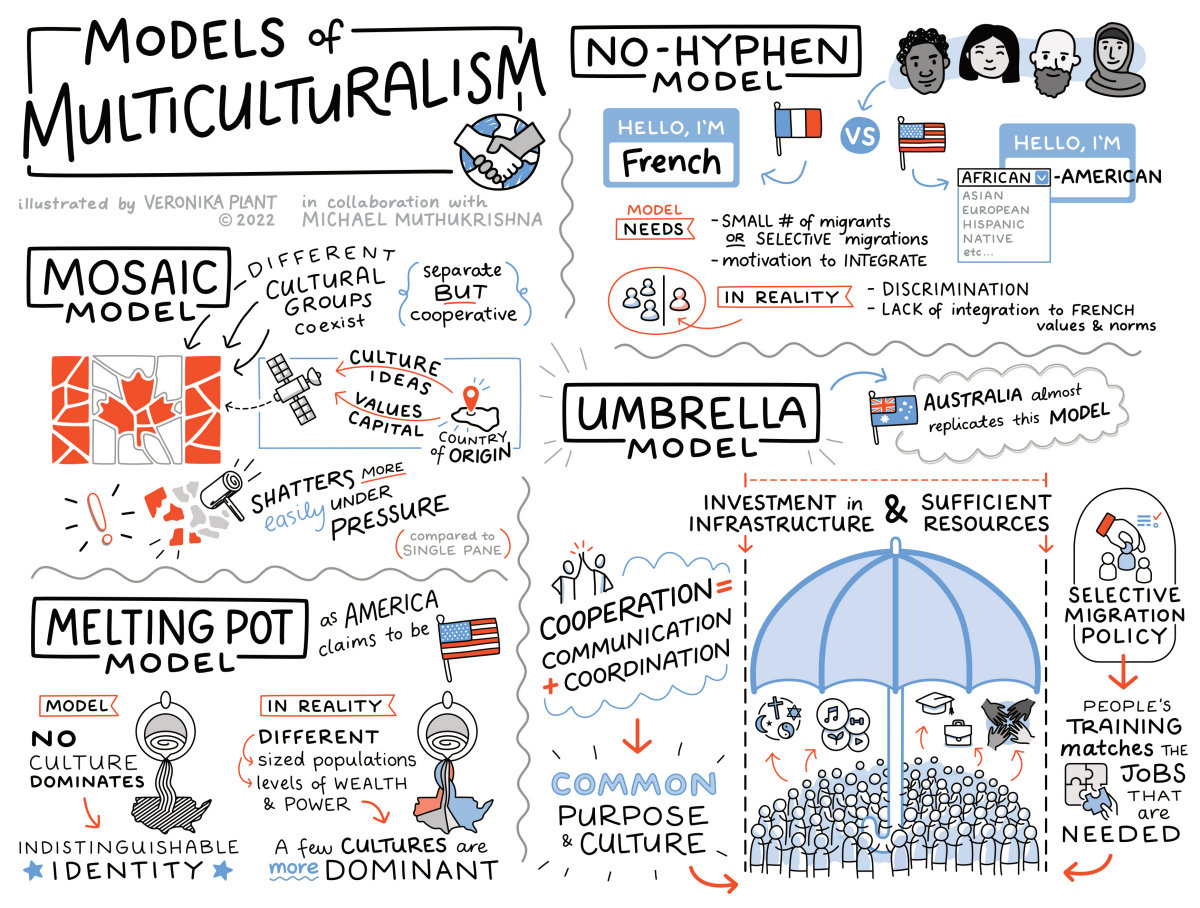Menu

"What will humanity achieve in the 21st century and beyond? That depends on what we do and what we choose today," says author, multidisciplinary researcher, and Associate Professor of Economic Psychology, Dr. Michael Muthukrishna.
Michael Muthukrishna's book A Theory of Everyone: The New Science of Who We Are, How We Got Here, and Where We’re Going, draws on research from across the sciences, humanities, and the emerging field of cultural evolution. In tandem with the book, a supplemental video series titled "In the field with Michael Muthukrishna," was produced. Made possible with funding from Templeton World Charity Foundation and the Canadian Institute for Advanced Research (CIFAR), the series features clips of the author discussing book-related topics at various global locations. This post highlights one of the installmenta. Follow the series here.
In the mid-twentieth century, Japanese brands were not known for their high quality, especially in the automobile industry. This is because initially, Japanese cars were imitations of Western models. However, Japanese manufacturers shifted gears, moving from imitation to innovation. This happened when "copying turned to recombination," says Muthukrishna. "The kind of incremental improvement that the Japanese are now famous for: Kaizen, the Toyota Way, and other ways of continuously improving" over time, led Toyota, Nissan, Mazda, and other Japanese car companies to "become the reliable brands that they are today."
Whiskey in Japan is another example. The development of whiskey there symbolizes not just technological advancement, says Muthukrishna, but also successful integration of Western-style corporations and democratic institutions into Japanese society. He points out that most countries "high on collectivism and the importance of family tend to suffer from corruption, particularly nepotism," but Japan's levels of corruption are low.
Japan faces demographic challenges — an aging population, low birth rates, and labor shortages. In 2011, Japanese newspapers reported that adult diapers had for the first time begun outselling baby diapers. Despite considering robots, insufficient technological progress has pushed Japan toward a solution that it had long avoided — immigration.
New laws aim to ease high-skilled immigrant integration, yet, Japan grapples with deciding on a multiculturalism model. The country stands at a critical juncture, needing to harmonize integration while safeguarding its cultural identity.
Muthukrishna explains, "Japan is a new cultural recombination and proof that there are paths out of suboptimal, corrupt, poor equilibrium that still retain cultural diversity." He acknowledges that "multiculturalism and immigration are, of course, hot topics," that mean "different things to different people. Some good, some bad. It can be a divisive topic for those brave enough to talk about it at a dinner party." In A Theory of Everything, Muthukrishna describes different ideal models of multiculturalism: "the 'No hyphen' full integrationist model typified by France; non-integrationist mosaic or 'Salad Bowl' models typified by Canada; and the 'Melting Pot' model that creates a new blended culture associated with America." He also introduces "the 'Umbrella' model that combines the best of these to resolve the paradox of diversity, grabbing the bull by both its horns, so to speak, reaping diversity’s benefits while minimizing its costs."

Watch more installments from the video series.
Introduction: A Theory of Everyone
Episodes 1 & 2: Airplanes, Shipping Containers & the Collective Brain
Episode 3: Estonia & Rethinking Education for a Smarter Future
Episode 4: Contrasting Cultural Strategies for Success
Episode 5: Perspectives Beyond WEIRD & the Origins of Behavioral Economics
Michael Muthukrishna is Associate Professor of Economic Psychology in the Department of Psychological and Behavioral Science and Affiliate in Developmental Economics and Data Science at the London School of Economics and Political Science (LSE).